Naomi Osaka's Roland-Garros withdrawal could one day be seen as a watershed moment that redefined how tennis administrators communicate with the players, according to leading commentator Sam Smith.
Osaka announced earlier this week that she was pulling out of the year's second grand slam tournament. That came after she was fined for refusing to attend the mandatory post-match media conference.
The world No.2 says she has suffered long periods of depression since winning the 2018 US Open, and says media conferences are not good for her mental health.
The only place tennis fans can watch every Roland Garros match is on Stan Sport. Start a seven-day free trial of the Stan Sport add-on now!
Smith says Osaka's withdrawal will hopefully trigger a conversation about the value of media conferences, one that she says is well overdue.
"It's just really sad that it's come to this and we've lost such a wonderful player from the women's draw," she told Wide World of Sports.
"There's a lot of strands to this, but it's not about sides, or blame. Naomi and her team were on-site for about a week in Paris, practising before the tournament.
"At any time they could have gone to (tournament director) Guy Forget, who's an ex-player, wonderful man, articulate, charming and empathetic. They could have sat down and Naomi could have explained how she was finding the press conferences difficult, how she wasn't comfortable in that environment."
Smith said such a meeting could have resolved the situation before the tournament even started, avoiding the circus that overshadowed the opening days at Roland-Garros.
"They could have worked out a short-term solution so we don't lose her from the tournament. But that didn't happen, because that's not how young people communicate. They don't do much face-to-face, and it's something Naomi doesn't enjoy," she explained.
"If she wants to communicate, she does it by Twitter, and that really caught the FFT (French Tennis Federation) on the back foot.
"The FFT were trying to reach out to Osaka's team for days, but there wasn't any communication.
"You've got young people playing the sport who communicate in one way, and you've got older people running it, who communicate in a totally different way.
"Somehow we have to bring the two closer together."
Osaka said that when she returns to tennis, she wants to work with the various governing bodies to improve the interaction between players and media.
According to Smith, that's the one positive to emerge from this week's mess.
"It's started a conversation, and a very important one, about press conferences. Are they necessary?" she asked.
"There's a lot of wasted time, for anyone who's looked at the transcripts, most players endure it rather than enjoy it. What's the value of this?
"But for the status quo to change, you almost need a meteorite to strike, or something dramatic to happen.
"When Roger Federer goes into a press conference, it's an environment he really enjoys. I've seen him go into a press conference looking tired, but he recharges his energy through the press, doing it in multiple languages, and by the time he comes out he's feeling great.
"But that's not Naomi, she's at the other end of the scale, where she doesn't like that format, that environment, the airless rooms, packed with people."
Forget, the tournament director at Roland Garros since 2016, is 56-years old and more than two decades removed from his own playing career, that saw him rise to fourth in the world rankings in 1991.
He's a similar age to Australian Open tournament director Craig Tiley (59) and US Open boss Stacey Allaster (57). Only Wimbledon's Jamie Baker (34) is close in age to the current players.
"Young people now are very different than when I was growing up," Smith explained.
"They live in a completely different world, because of social media. We've got to try and get the younger generation to understand the older generation, but also, very importantly, the older generation who run the sport, we've got to get them to understand how young people communicate.
"I remember Craig Tiley saying that he would always email the players if there was something important, and he suddenly realised that it's not the way to communicate with them, it's better to make a video on TikTok.
"That was incredibly enlightened from Craig. He had this moment where he realised things had to be done differently with the younger generation.
"If Osaka's team and the FFT had been able to communicate, this wouldn't have happened. Roland-Garros looks amazing, the sun's out, and we've spent the first three days talking about Osaka rather than the tennis."
If Osaka's withdrawal is to prompt meaningful change to the game, Smith says it's about time the post-match media conference was looked at.
"The format needs to change. Is there a better way of doing things that would be good for the media and good for the players? She's brought up a very important issue of mental health in sport," Smith explained.
"I think we might look back in five years and see that this was the beginning of a very important conversation.
"I've always wondered why they don't just get a really good interviewer to speak to the players when they come off court. Four or five questions, and then just disperse that to everyone who needs it.
"That will give them a lot of content, and maybe better content.
"Why not do it that way?"
For a daily dose of the best of the breaking news and exclusive content from Wide World of Sports, subscribe to our newsletter by clicking here!
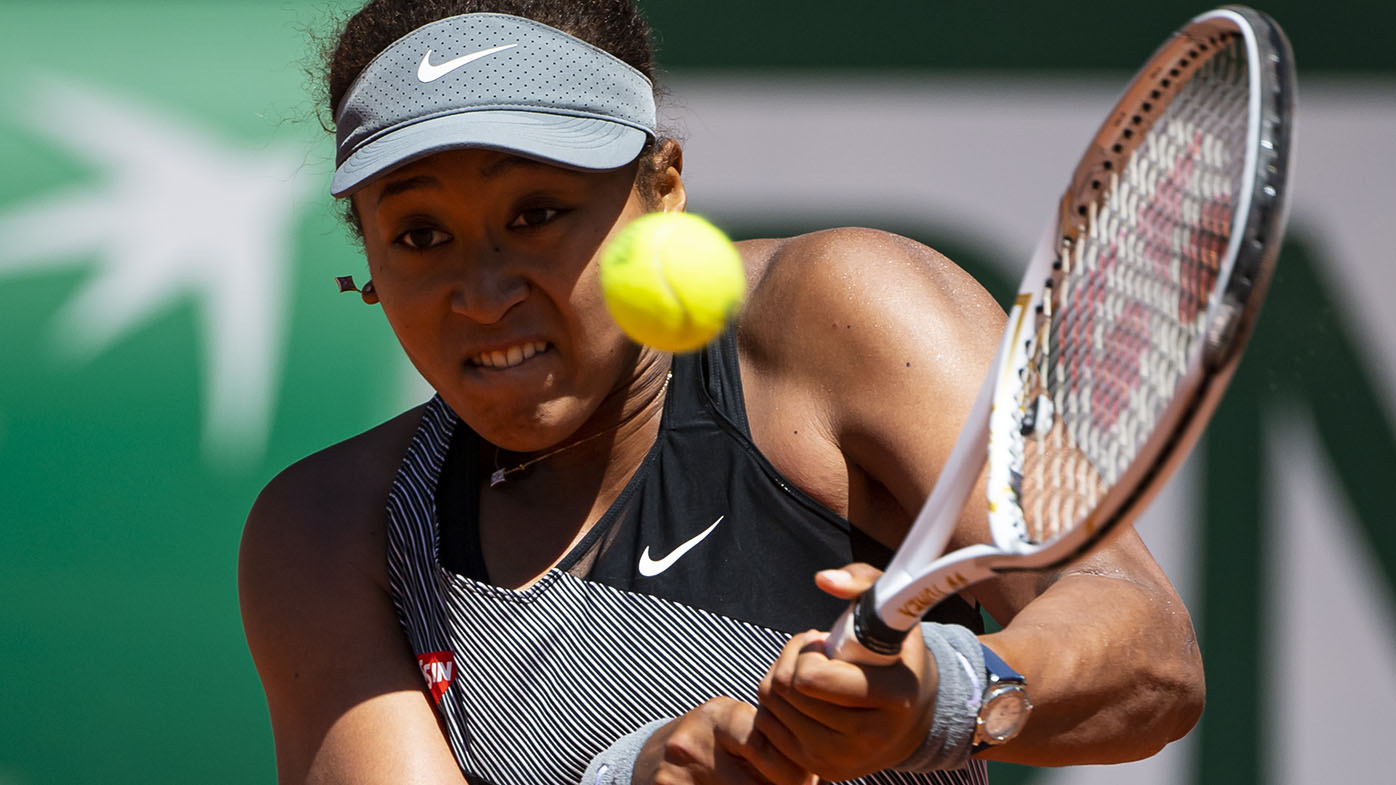
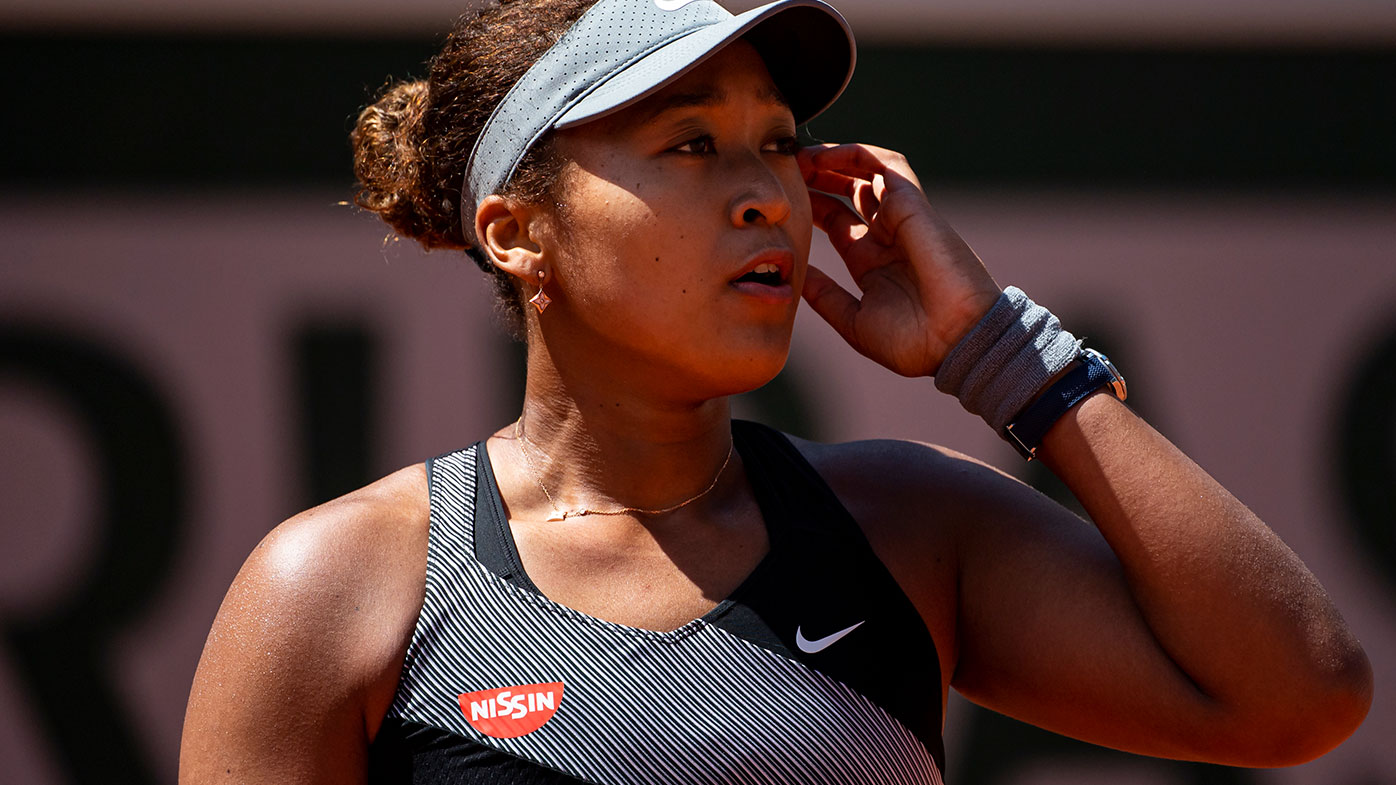
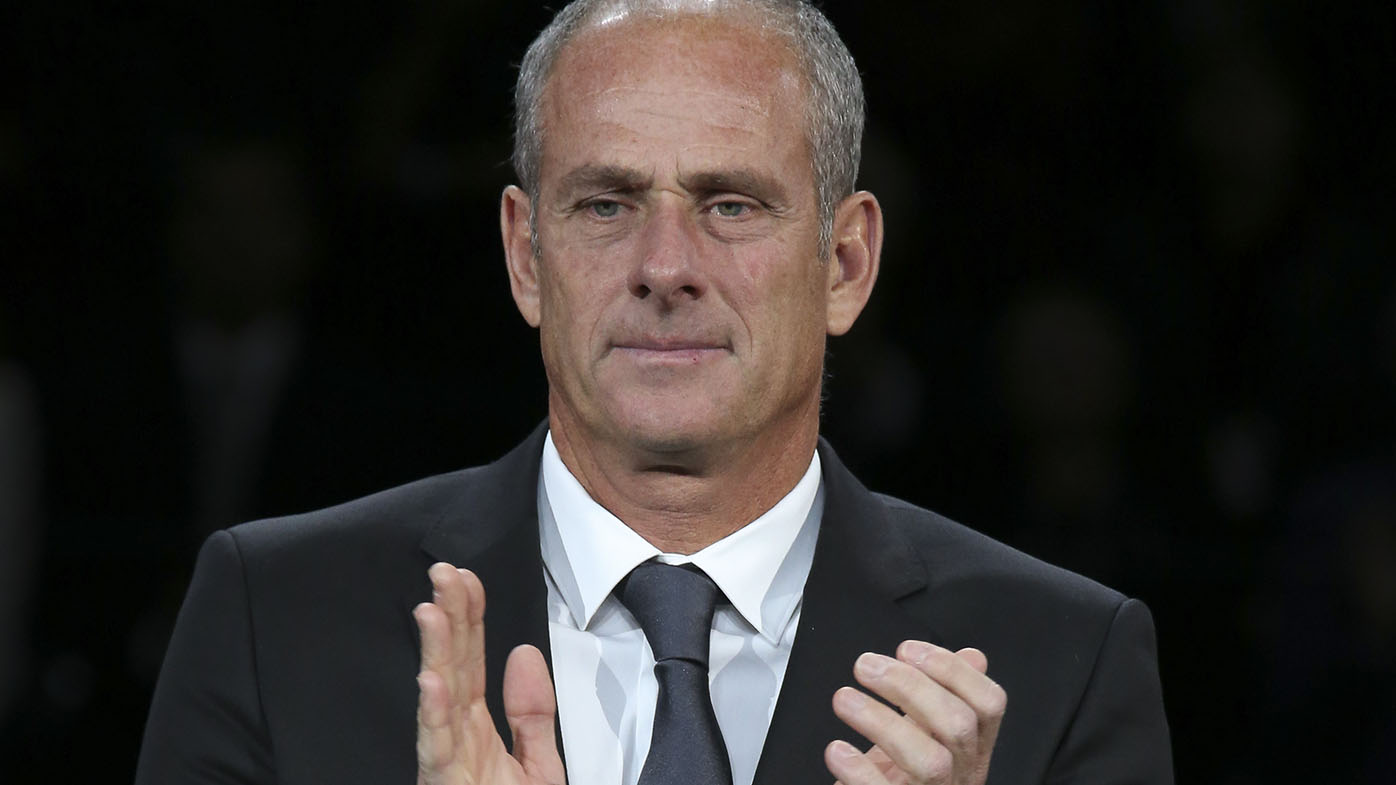
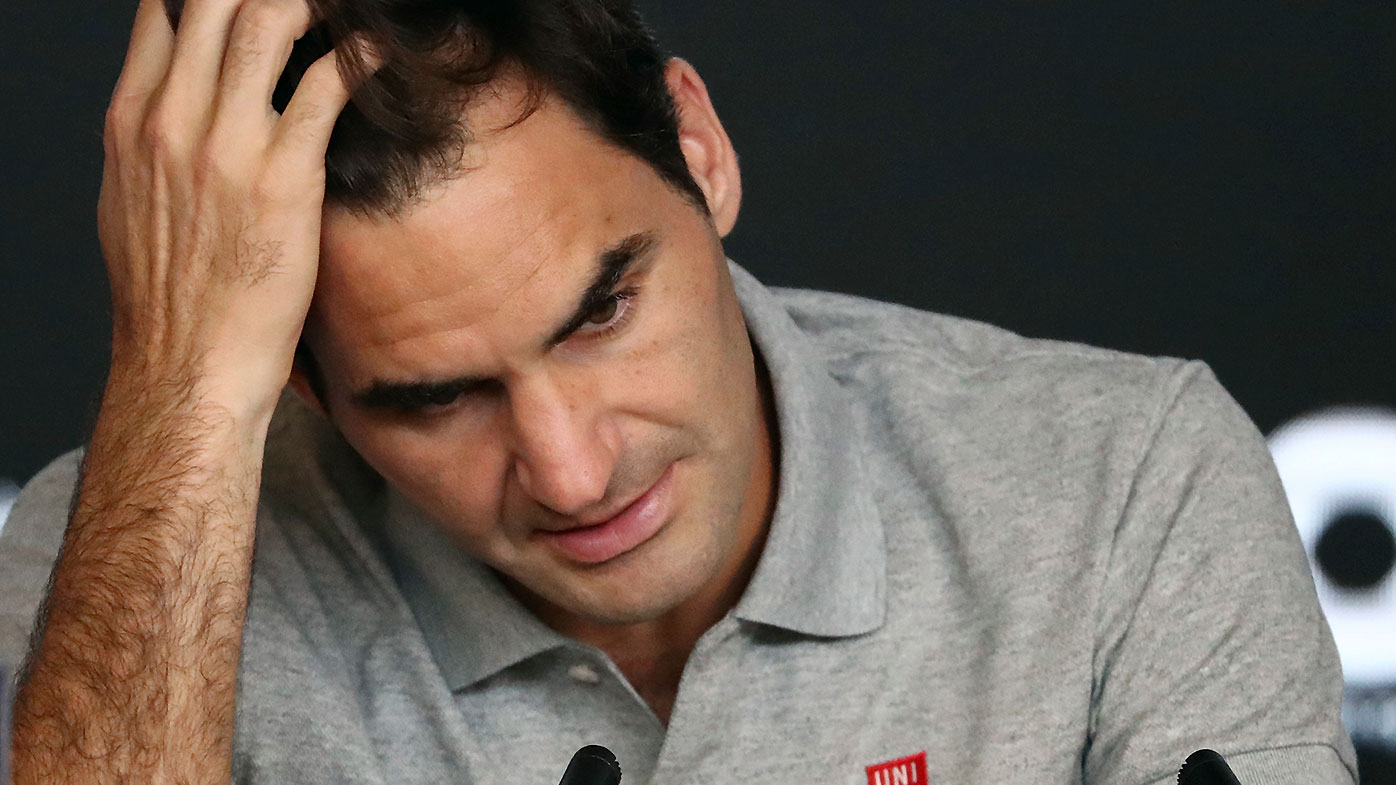
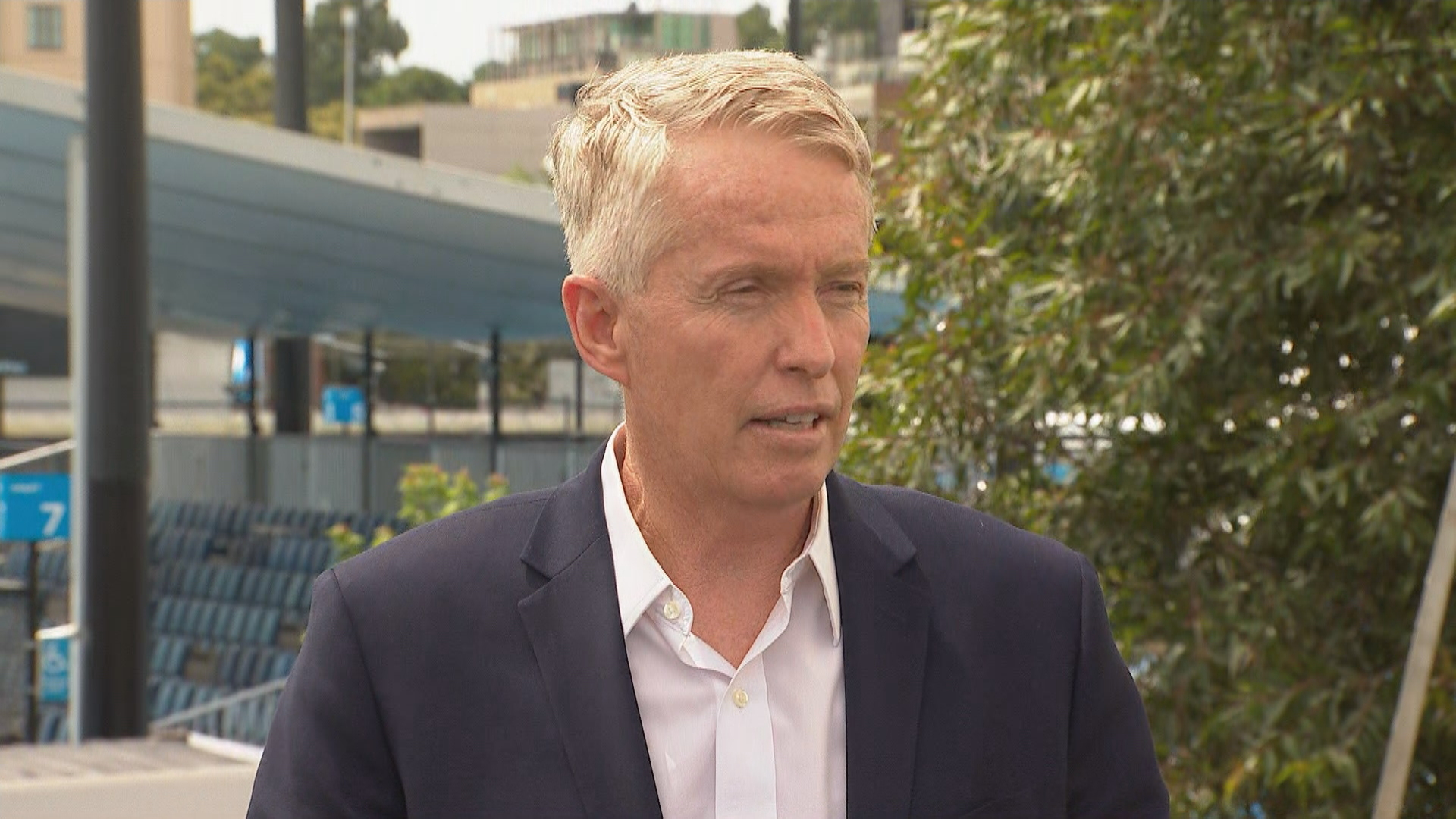
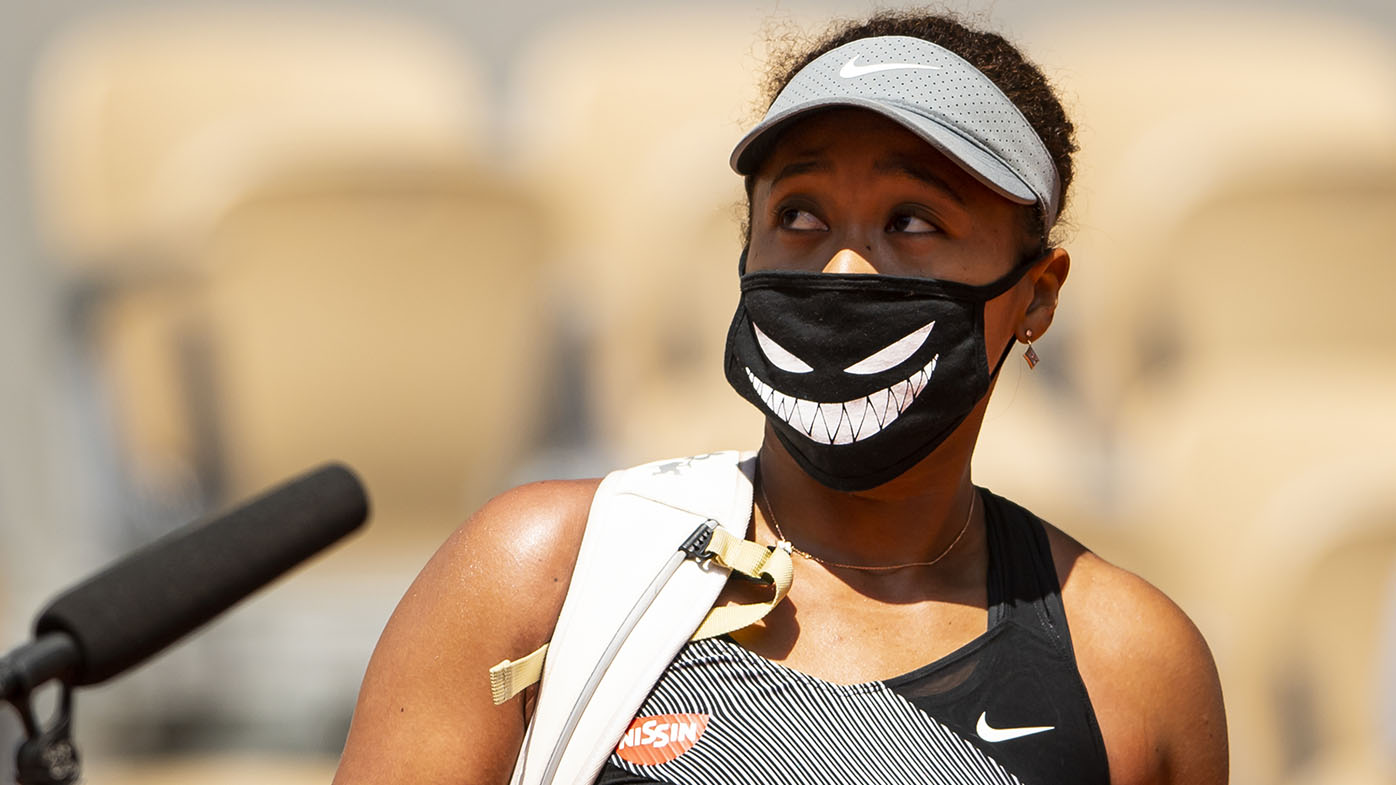
Leave a Reply
You must be logged in to post a comment.